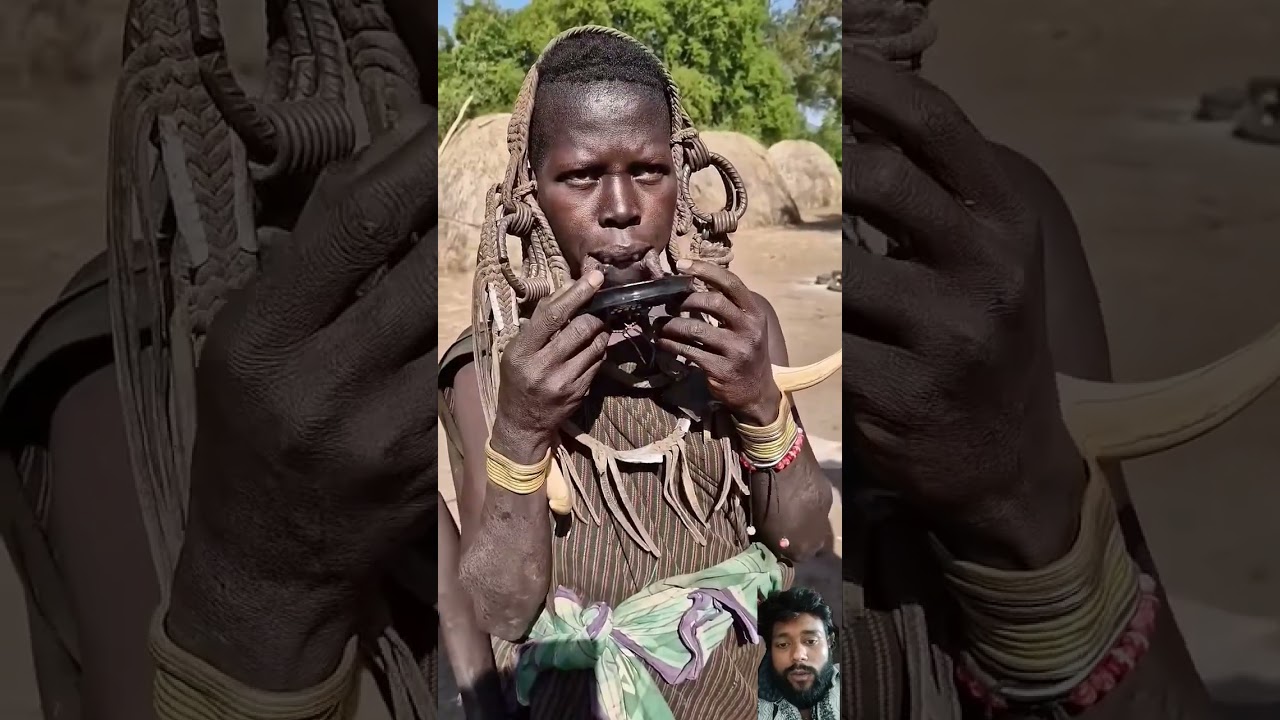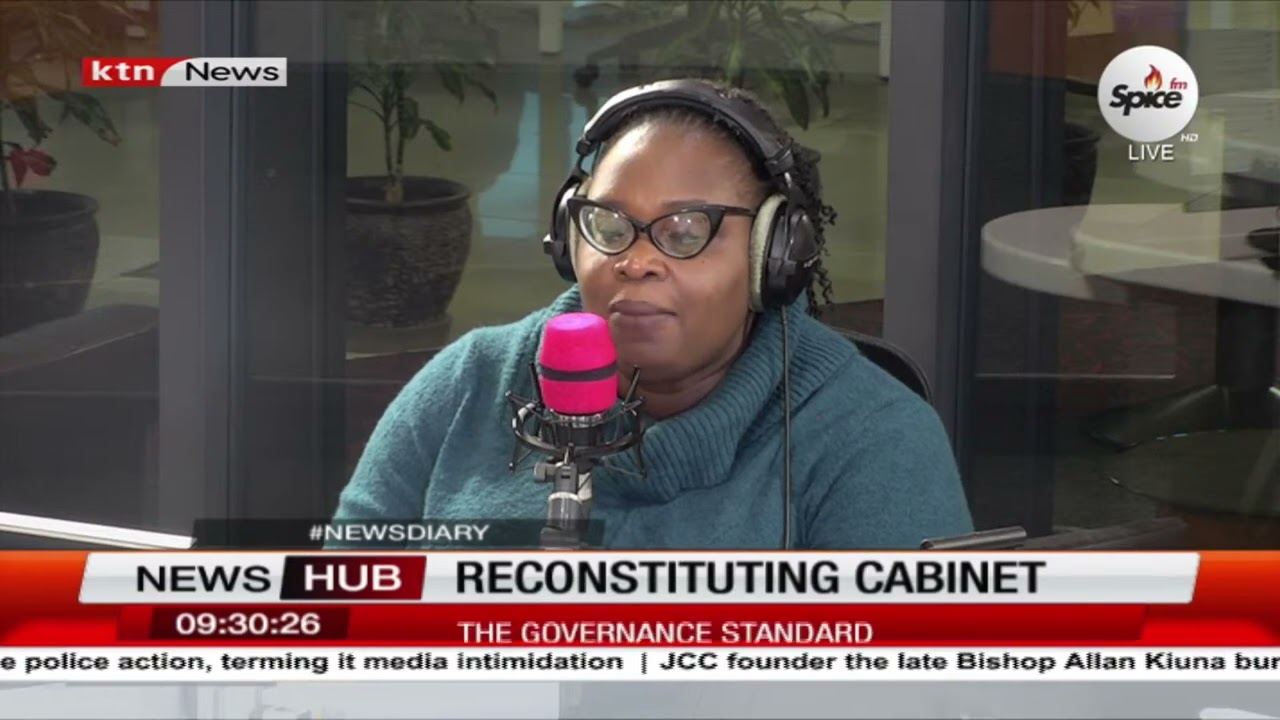Tsunami warning in Japan after strong earthquake | BBC News
Tsunami warning in Japan after strong earthquake | BBC News
Japan has issued a major tsunami warning after a 7.6 magnitude earthquake struck the central region.
Residents in the coastal Noto area in Ishikawa prefecture were asked to “evacuate immediately to higher ground,” national broadcaster NHK said.
Authorities have warned of waves as high as 5m in Noto.
They also issued tsunami warnings for…
source
Reviews
0 %











I pray for the safety of everyone in Japan and that Jesus helps everyone get to higher ground.
Poor thing
Oh no!😢
I live in Toyama Prefecture, next to Ishikawa Prefecture, the epicenter of this earthquake. In the earthquake on January 1st, the shaking was JMA seismic intensity 5+ (magnitude 5.6) in Toyama Prefecture where I live, and when the earthquake occurred, I was on my way home after visiting a shrine with my family for the first time of the year. When I tried to get into the car, it shook violently from side to side, and I remember struggling to endure the shaking. At that time, the shaking in Ishikawa Prefecture was magnitude 7.6, so I think it was worse than us. Since 3/11, Japan has become more seismically active than before. There are two types of earthquakes that are likely to occur in Japan: a Nankai Trough megathrust earthquake (three earthquakes of magnitude 7 to 8 may occur in conjunction with each other) and a capital earthquake (the same class as the Great Kanto Earthquake 100 years ago). Once it occurs, there is a high possibility that electricity, water, and food will be cut off. I ask not only Japanese people but also foreigners living in Japan to take measures against earthquakes (such as bringing in a week's worth of food, water, and portable battery charging).
This is spetacular in Brazil !
https://youtu.be/KY95wflON0o?si=JCXO8RAQAotNaz92
This is spetacular in Brazil!
https://youtu.be/KY95wflON0o?si=JCXO8RAQAotNaz92
Oh,honey pray for japan 🌿
Billy Carson 4BiddenKnowledge – this man knows too
BILLY CARSON "THE UNCONSCIOUS" NOT ME – WIDE AWAKE
DEEP IMPACT MOVIE – " VIRGINIA BEACHES 6 MILES "- THERE WAS A SIGN ON THE SIDE OF THE ROAD BEFORE THE TSUNAMI HIT AND THE CHILDREN RODE THEIR BIKES TO HIGH GROUND TO SAFETY – THERE WAS A COMET THAT HIT THE SHORES TO CAUSE THE WIPE OUT OF THE COASTAL AREAS – COULD THIS BE A PREDICTIVE WARNING AND OUR OWN MILITARY WILL CAUSE THE DESTRUCTION? FORT MONROE IS SCHEDULED FOR THE HIGHER RANKS IN THE DEATH CULT ON A LEI LINE THAT THE INVADERS STOLE FROM OTHER PEOPLE.
Just also think about how many people these same Japanese people removed from the face of the earth at one time or another.
皆様の励ましで復興に望めています。メッセージありがとう
NHKの必要性を再確認した。
0:13 北方領土は日本領ではないと…?
America wants to expel the Palestinians. So this genocide is organized with the help of Israel. This is the extreme reality.😭
233 fatalities, unfortunate!
正月に地震が起こるとは思わなかった、、、
how many Tsunami's do you need to build back further from the coast? I mean what if this happened at night time! Get back from the coast and install tsunami warning sirens!
Pray For Japan(Love from French America Haitian
Вивчите украинську мову
Я украiнка,якись комент мий вам не сподобався,а ви шо думаете,шо ви комусь подобаетесь,прости люди краше за вас,и культурни ниж ви.ведуча не красива.ужас якийсь .вы мене итак прослуховуете,порушуете.це вам не комент.хорошо шо у вас нема покишо торнадо.поганий у мене телефон . Я вчила вашу мову,а ви вчите укр.з поваги до украини.а писати мени шо ви видалите мий канал,це погано.я украинка для вас ворог?стыд
Pray for Japan 😭🙏
1. Japan's boiling reactor method is a method of turning a turbine by exploding within a nuclear reactor where a steam turbine facility is not separately installed, and the Fukushima nuclear power plant is designed by the United States to suit desert areas without water and is intended to be built in the desert. Unlike pressurized nuclear power plants, the steam turbine facility is installed separately due to the design method, so an additional steam turbine circulation process is required, so pneumatic nuclear power plants require high construction costs, and the ones installed on the coast are Korean-style pressurized nuclear reactors, and Korea also has emergency power generation facilities. It is installed on a mountain, but Japan's boiling-type power generation method does not have a separate steam turbine facility.
So the construction cost is low.
Therefore, Japan installs emergency electricity facilities underground to suit the desert, where construction costs are low, while the United States, which requires low construction costs and does not install steam turbine facilities outside, installs emergency electricity supply facilities so as not to be affected by water, suited to the waterless desert. The Korean-type pressurized nuclear reactor is designed to be installed on the coast, where steam turbines and emergency electric power generation facilities are installed on high mountains to prevent water damage. A steam turbine facility is installed separately from the nuclear power plant above, but construction costs are high because an additional circulation process is involved, but it is safe against flooding damage from earthquakes or tsunamis.
2. Japan chose a boiling-type nuclear power plant, which is installed in a place where there is no water in the desert. It was installed on the coast to save construction costs, so the electrical equipment is underground and the turbine is turned by the high heat inside the reactor, so it is designed for the desert. Emergency diesel for installation in places without water (oil is used as fuel, but the oil in the substation was high due to the recent earthquake and tsunami on the Noto Peninsula) is installed underground so that it can be used internally if electricity is not supplied due to earthquake or tsunami flood damage. In a nuclear power plant, the core is exploded and the turbine is turned, and when the electric current inside the reactor is cut off, the nuclear fuel rod explodes like the Fukushima nuclear power plant and the containment is destroyed, melting down, and the nuclear material melts and merges with the destroyed containment material. Through these built and destroyed hangars, nuclear materials are being exposed defenselessly to the sea and land through groundwater.
In Korea's pressurized nuclear power plants, steam turbine facilities or emergency steam supply facilities separate from the nuclear power plant are installed on the mountain to prevent the high-temperature cooling water generated inside the nuclear power plant from cooling due to the tsunami. Korea's emergency electric power plants are installed on the mountain, but Japan The boiling method, which is applied in deserts where separate turbine facilities, emergency power generation facilities, or nuclear power plant facilities are not susceptible to flooding, is a method of detonating the core inside the nuclear power plant, so if electricity is not supplied due to an earthquake or tsunami, it can easily explode due to the high heat of the nuclear reactor. Japan is installing boiling-type nuclear reactors, which are used in deserts, on the coast to save on construction costs.
We will continue to post articles related to the Noto Peninsula for the benefit of the people.
Take care
3. The Japanese government without conscience moves to restart the old boiling water reactor while ignoring technical problems.
This is because the reactor of this nuclear power plant is a 'boiling water reactor' like the Fukushima Daiichi Nuclear Power Plant or Chernobyl Nuclear Power Plant, so there is a high possibility of radioactivity leaking in the event of an accident, and at the same time, it is located in a densely populated area.
The boiling water type is based on the principle of sending water to nuclear fuel, which is emitting enormous heat through nuclear fission, and using the steam generated from the heated water to turn a generator. On the other hand, the Pressurized Water Reactor, which is widely used in Korea and other countries, does not create water vapor with radioactively contaminated water, but generates water vapor with clean water to generate power. Considering that past Chernobyl and Fukushima nuclear power plant accidents both occurred in boiling water, many point out that it is less safe than pressurized water.
=>It clearly shows the Japanese government's workmanship, which is degenerating into a slow-response and sloppy underdeveloped country-style administration.
Although there has been a long time, there is no policy to resolve technical safety issues.
In a downsizing-oriented manner, attempts are being made to restart old nuclear power plants as they are in order to prevent the burden of energy costs from increasing, as if removing the upper stone to replace the lower one.
This is because without determination and responsibility, it is impossible to boldly replace old legacy industries and facilities with a future-oriented approach.
This is to inform you all..
As has already happened people living in the northern part of Japan should be very careful during the third and fourth week of March 2024(13th of march to 27th).(particularly 24 and 25th of March)
It is better to stay away from the places where people live because there is a possibility of tsunami due to volcanic eruptions and earthquakes.Extreme caution is needed especially in the case of earthquakes.During those times people should engage in life saving activities with utmost caution to protect themselves from earthquake damage.
According to the declaration of our siddhas' prediction , there is a lot of aggressive agitation in the depth of the earth there from
Papua new Guinea Mount Ulawun volcano on the border of the West New Britain (WNB) and East New Britain (ENB) to Japan.
How this for a earthquake die and fall In my dreams and then i fall a sleep and then i get up this it i love it
See
I hope everyone is safe.
In Japan, there are many wooden buildings, but the buildings of the 21st century are It has high earthquake resistance.
震源から200kmは離れている地元でさえ震度4という威力。
Huge mega-quake とでも言うのだろうか。
それでも少し強くなれた。4回大規模な震災を経験してると慣れてくるもんだ。けど こわかった。
震源地付近の方々の不安や恐怖は計り知れない。
1日も早く落ち着いて過ごせる日が来ますことをお祈り致します。
pray for ishikawa prefecture.
Could have been caused by underwater explosion from North Korea rocket.
ありがとう、世界のみなさん
Gatyetk hgekuner
I hope people in Japan are okay
日本人です。石川県では震度7の地震が起こり、その後震度5の地震が連続で起こりました。私は無事ですが、石川県では大きな被害がありました。建物の倒壊や津波などの被害がありました。今後も地震が石川で起こる可能性があります。安否不明の方も多くいます。少しでも早く安全な環境が戻りますように。
God bless you Japan people pray 🙏🙏🙏
The inefficient rescue methods of the Japanese government have led to an increasing number of earthquake victims not receiving effective assistance during the golden rescue period. We strongly condemn this lazy behavior of ignoring the lives of disaster victims and condemn the Japanese government Behaviors that do not value human rights.
It's hard to believe that all this is happening again! Stay with it! Love and prayers!
I can say that Japan is one of the stupidest countries because of what is happening what caused
日本🇯🇵
https://www.youtube.com/live/umNHFhxdpSY?si=Ox_S32UNrFnLZOES